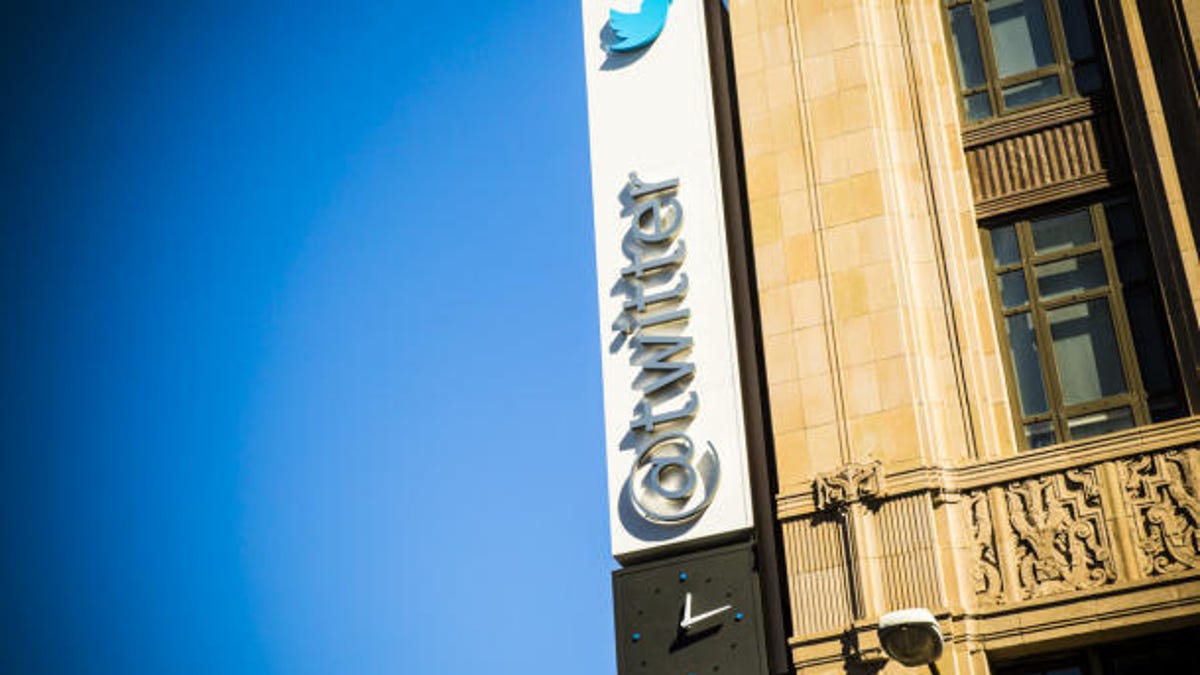IBM charges Twitter with patent infringement
Big Blue says that Twitter has violated three of its patents but that it's willing to negotiate outside of court, according to Twitter's latest SEC filing.

Twitter faces a charge of patent infringement from IBM in the midst of its quest to go public.
In an amendment to its recent S1 document filed with the Securities and Exchange Commission, Twitter revealed on Monday that IBM has accused it of violating three patents. The patents in question are: U.S. Patent No. 6,957,224 - Efficient retrieval of uniform resource locators, U.S. Patent No. 7,072,849 - Method for presenting advertising in an interactive service, and U.S. Patent No. 7,099,862 - Programmatic discovery of common contacts.
For now, Big Blue is open to resolving the violations without the help of the courts, inviting Twitter to "negotiate a business resolution of the allegations." But Twitter may not give up so easily.
"Based upon our preliminary review of these patents, we believe we have meritorious defenses to IBM's allegations, although there can be no assurance that we will be successful in defending against these allegations or reaching a business resolution that is satisfactory to us, "Twitter said in its SEC filing.
And IBM isn't the only one charging Twitter with patent violations.
"We presently are involved in a number of intellectual property lawsuits, and as we face increasing competition and gain an increasingly high profile, we expect the number of patent and other intellectual property claims against us to grow," the company said.
But Twitter is a relative small fry compared with tech giants such as IBM. The company admitted that defending itself in a patent court battle could prove expensive and time-consuming and would divert the attention of management. Losing such a battle would also hurt its financial results.
Even further, the company's advertisers and other partners could decide to jump ship as a result of injunctions against Twitter, another factor that would hurt business.
So, where does all this leave Twitter once it goes public?
The company may be forced to settle certain lawsuits on unfavorable terms, it said in its filing. It may have to enter into costly licensing agreements. Or it might need to stop using the patented technology and develop alternative technologies. The problem? All of those options would prove expensive as Twitter deals with the challenges of being a public company.

